The Financial Action Task Force (FATF) has decided to keep Pakistan on the grey list for the time being and has given Islamabad time until June 2021.

According to the FATF: "Pakistan has implemented on 24 of the 27 goals of the Action Plan and now it has to work on remaining three."
According to the FATF: "The three goals that Pakistan needs to work on further are to impose financial sanctions on designated extremists or those who are working for or in their place. This includes investigations and lawsuits against supporters and targeting individuals or entities working in their place,” It added, "Once these three goals are met, the FATF will examine them and after reviewing their sustainability, Pakistan's future will be decided."
According to the FATF: "Pakistan has until June 2021 to meet all the objectives of the Action Plan."
It should be noted that after being put on the grey list in 2018, the FATF had set 27 targets for Pakistan.
The last meeting of the Financial Action Task Force held in Paris on October 23 last year also decided to put Pakistan on the grey list. "The forum is aware that Pakistan has made progress and implemented 21 of the 27 points of the action plan," FATF chief Dr Marcus Pleyer told a news conference, “But Pakistan still needs to do more.”
Back then, the agency urged Pakistan to complete the implementation of the internationally agreed action plan by February 2021.
The Government of Pakistan has taken several steps to implement the FATF Action Plan, including passing various laws in and curbing the militants financing.
The Financial Action Task Force is a global organization established in 1989. Implemented by the G-7 Summit in Paris, the main purpose of which was to prevent money laundering globally. However, in 2011 its mandate was extended and its objectives were raised.
FATF’s goals included protecting the international financial system from terrorism, money laundering and other such threats, and taking appropriate legal, regulatory and practical measures in this regard.
The 38 members of the organisation include the United States, Britain, China and India, while Pakistan is not a member.
The organisation meets every four months, three times a year, to see how well its recommendations have been implemented.
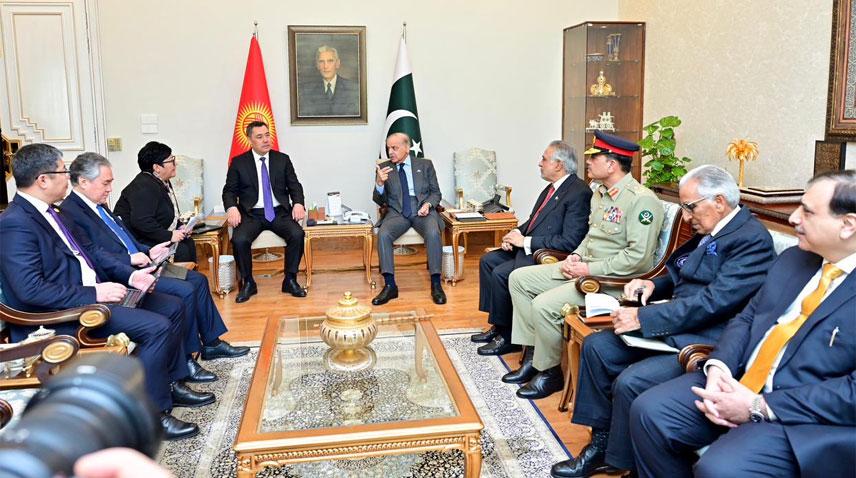
Pakistan, Kyrgyzstan vow to boost ties in diverse fields
- 12 گھنٹے قبل
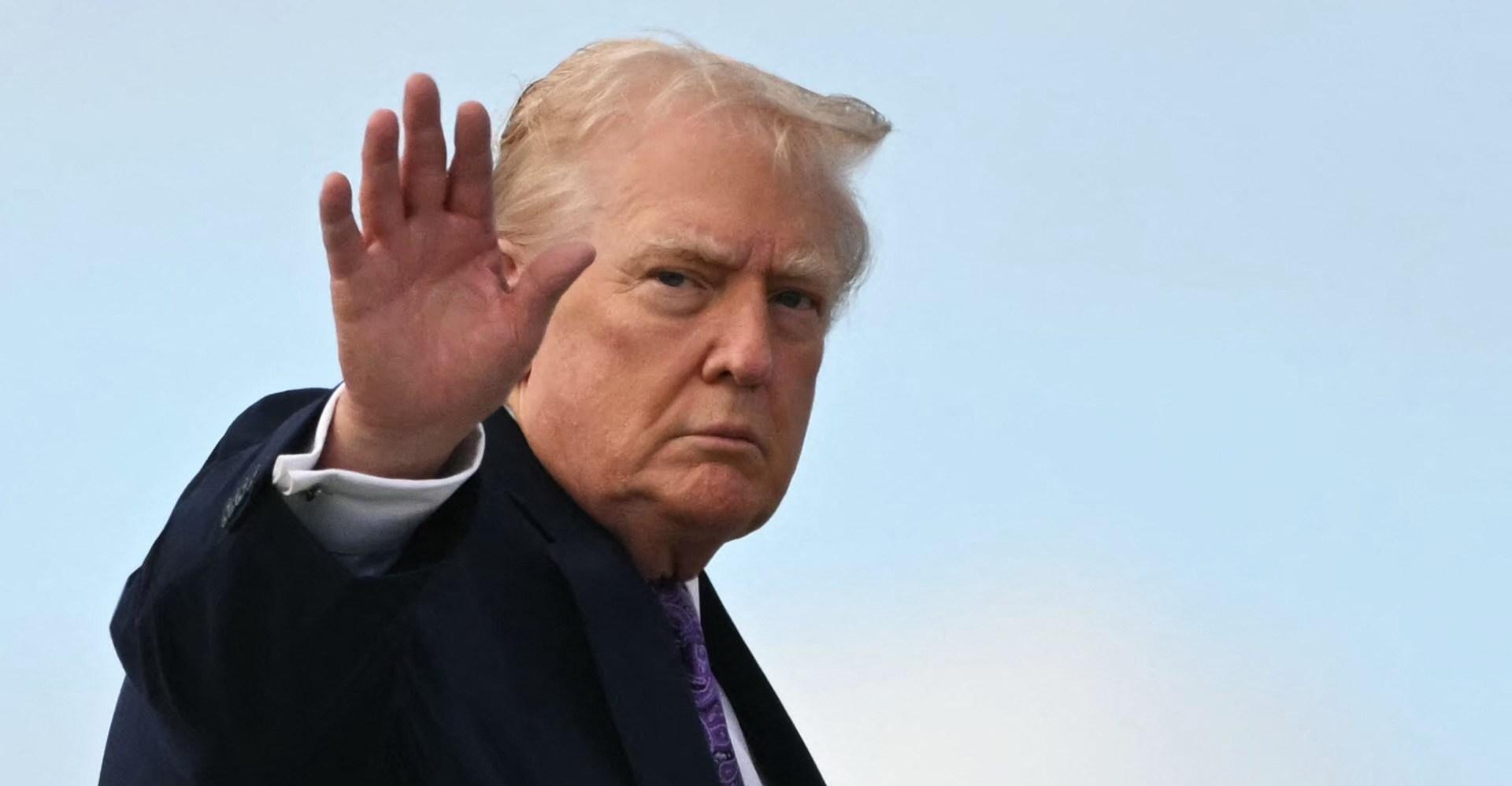
The alt-right won
- 19 گھنٹے قبل

PM Shehbaz approves appointment of Field Marshal Syed Asim Munir as COAS, CDF
- 5 گھنٹے قبل
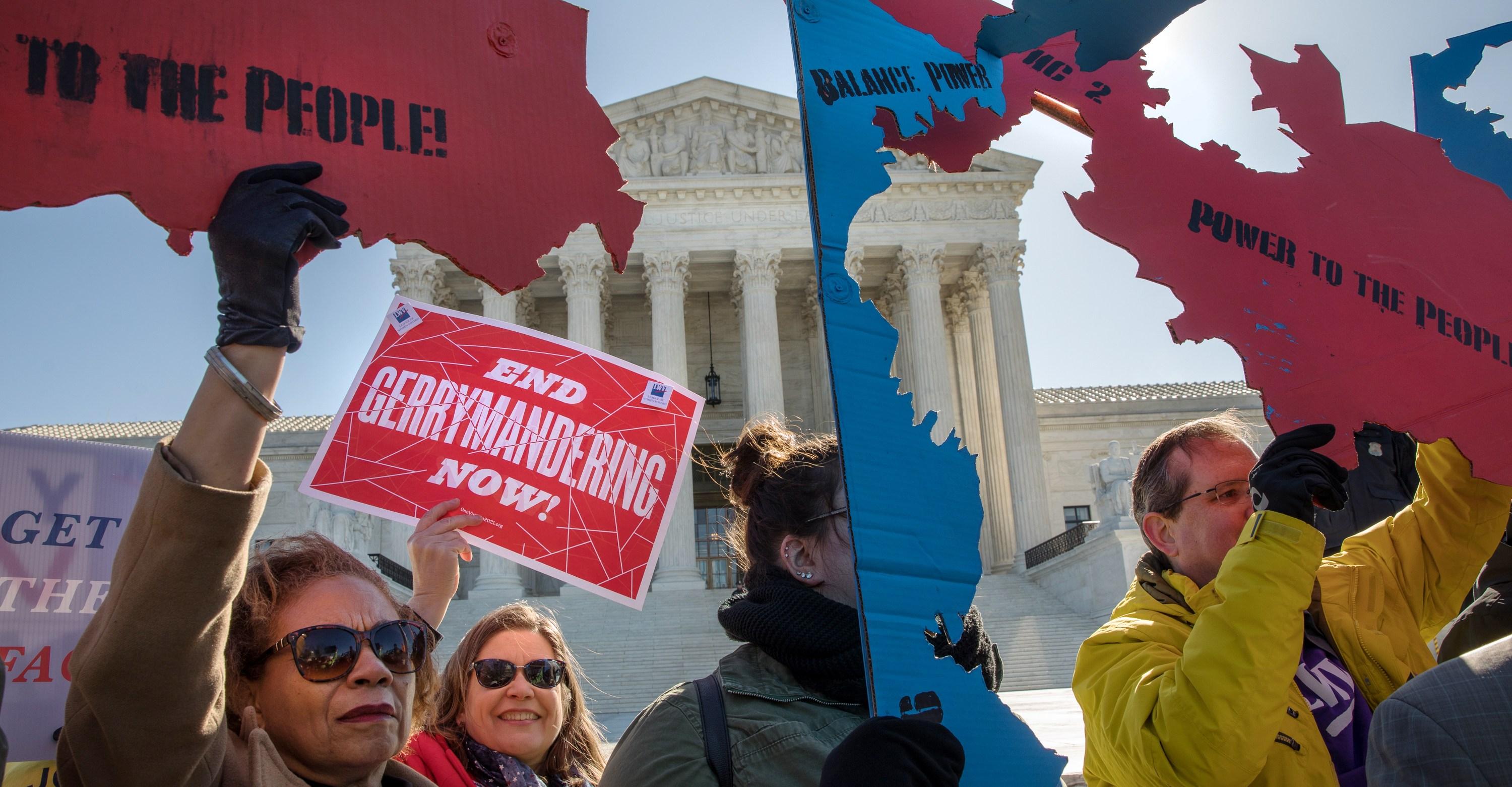
Republicans want the Supreme Court to save them from their own inept mistake
- 19 گھنٹے قبل
Texas jumps to No. 2 behind UConn in AP Top 25
- 9 گھنٹے قبل

Spotify Wrapped 2025 turns listening into a competition
- 12 گھنٹے قبل
Kiffin takes LSU job, won't finish year with Rebels
- 9 گھنٹے قبل
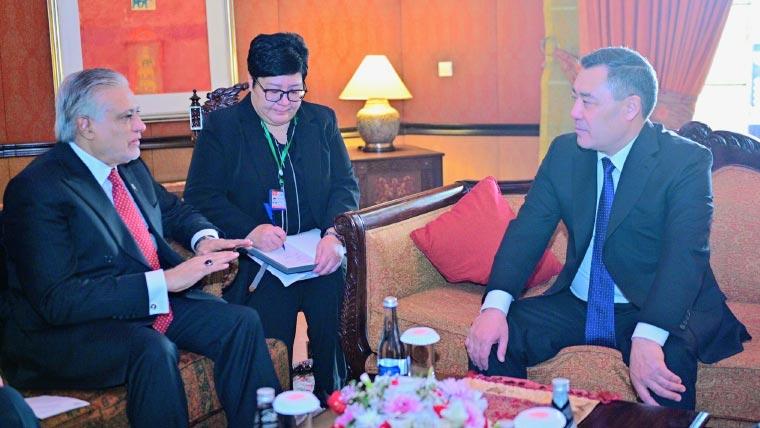
Dar meeting with the President of Kyrgyzstan: reaffirmation of commitment to strengthening bilateral cooperation
- 12 گھنٹے قبل
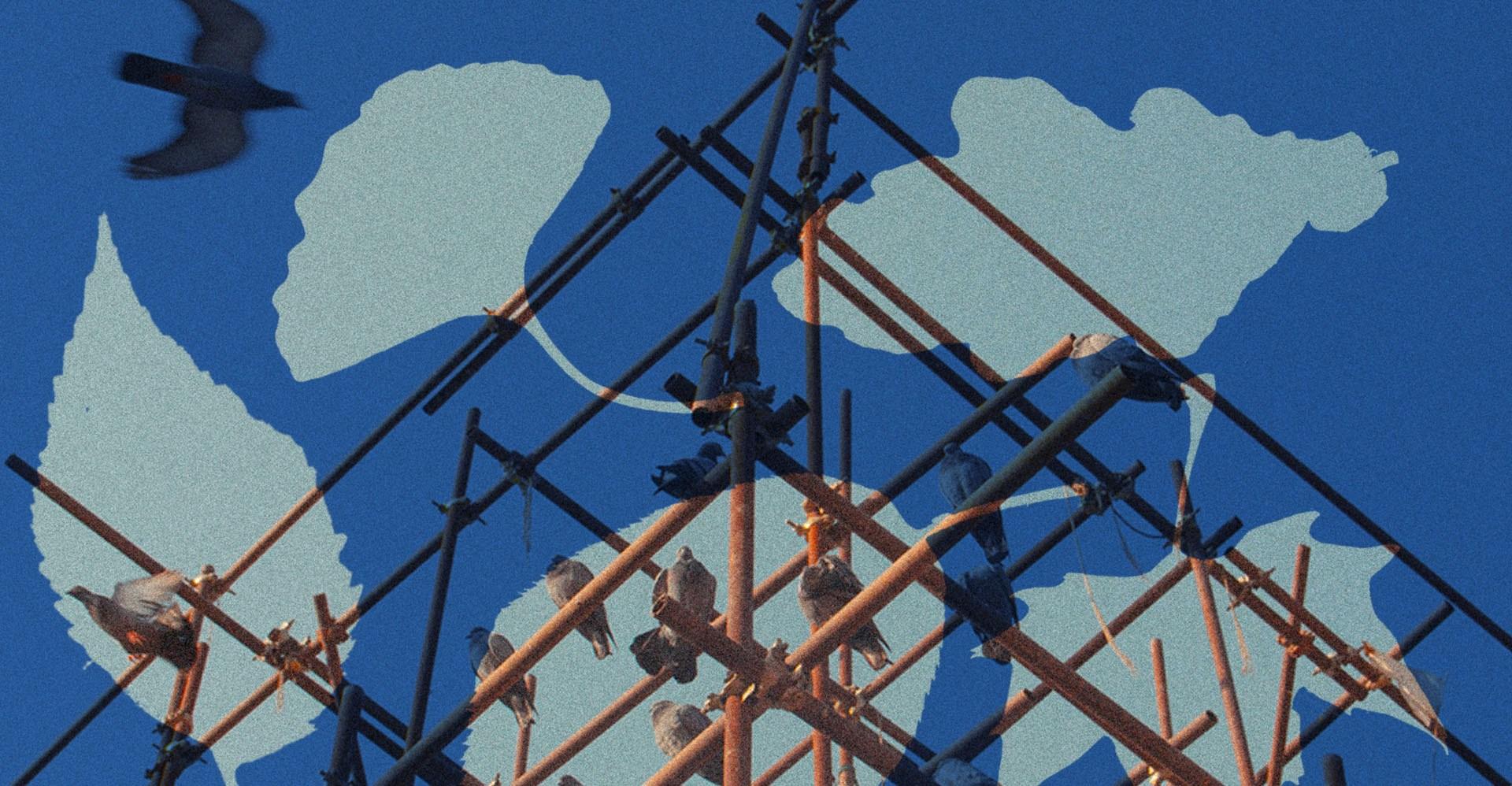
The Case for Growth
- 19 گھنٹے قبل

Wooting’s 60HE v2 is a solid upgrade to the best gaming keyboard
- 12 گھنٹے قبل

Republicans ask the Supreme Court to gut one of the last limits on money in politics
- 19 گھنٹے قبل

Apple will reportedly refuse India’s order to preinstall a government app
- 12 گھنٹے قبل





